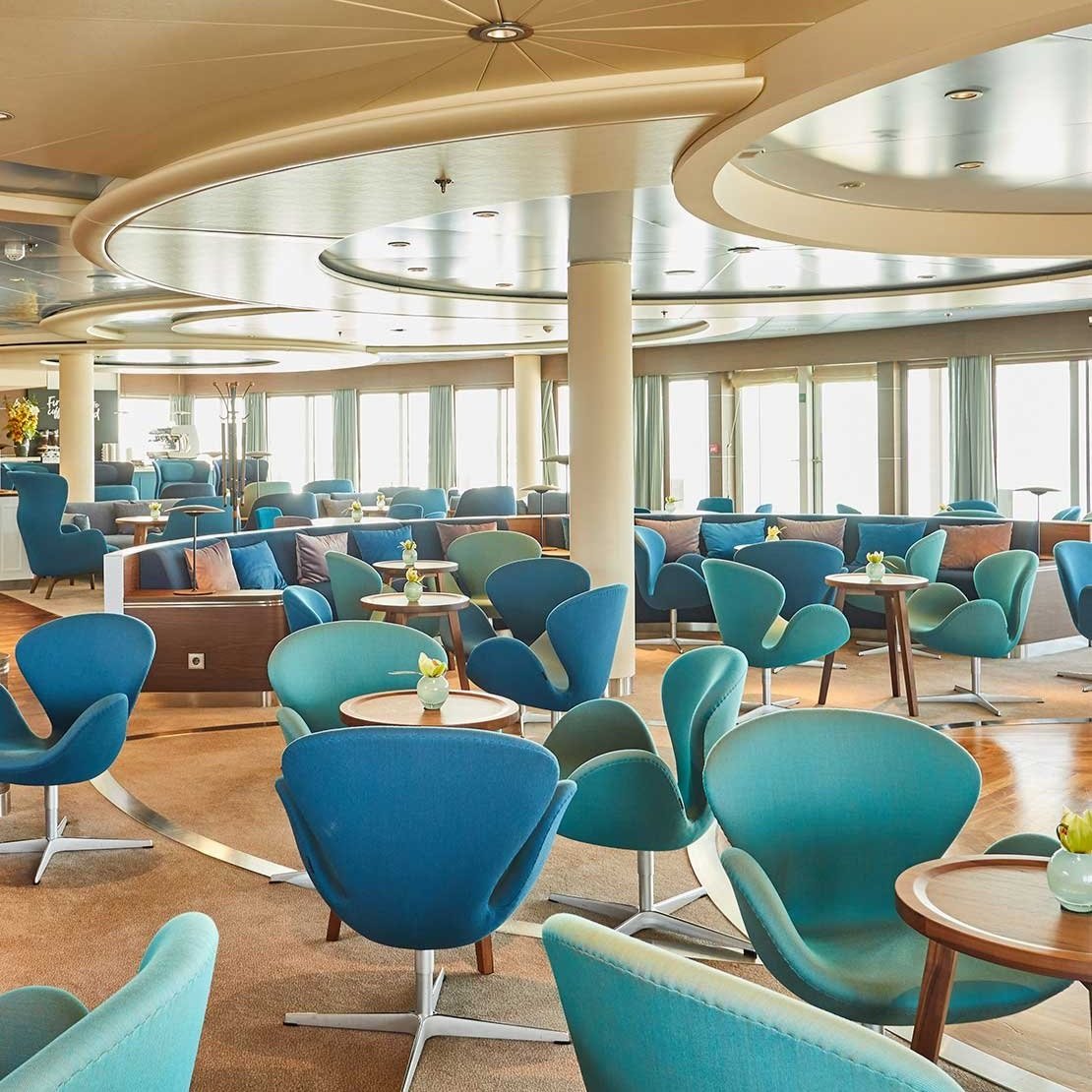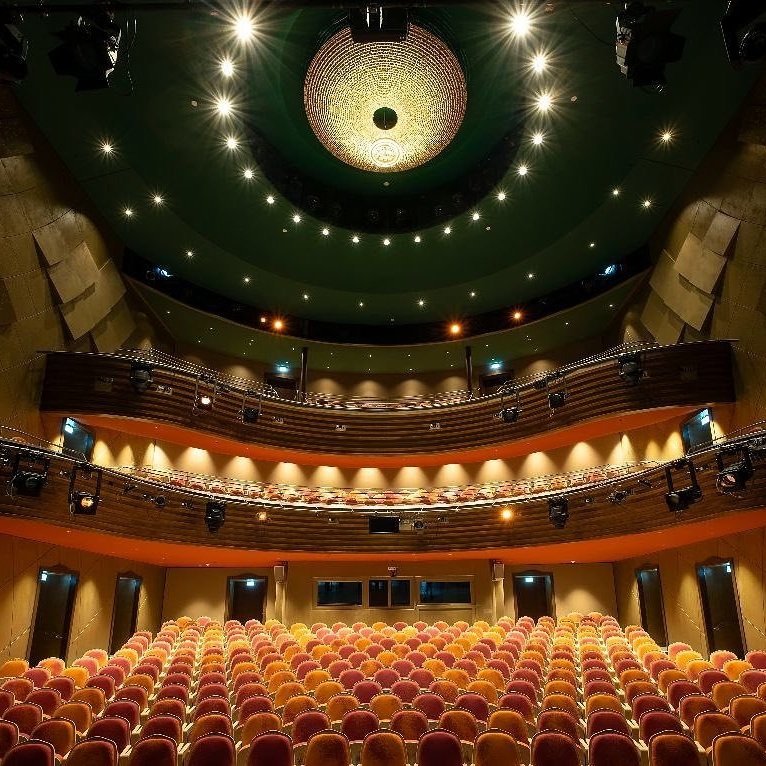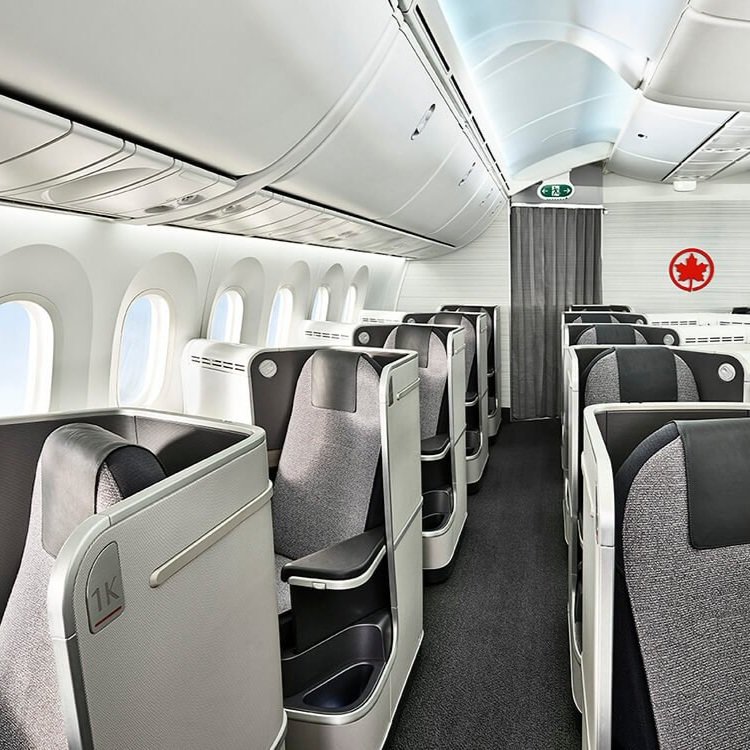rohi
Premium textiles made of high-grade wool, perfect for all types of furniture–from the office space, hotel room, to a world-class theater.
About
Founder: Marga Hielle-Vatter & Rolf Hielle, 1933
Headquarters: Geretsried, Germany
Manufacturing + Production: Geretsried, Germany
Materials: Uruguay and New Zealand
Materials
Virgin Wool vs Worsted Wool [an explanation]
Virgin wool: The designations virgin wool or pure new wool indicate that it is new wool coming directly from a living animal (not a reused, i.e. recycled product made from old textiles such as shredded wool or wool obtained from the skins of slaughtered or dead animals.)
Worsted wool / worsted yarn: Worsted yarn is the term used to describe a yarn made from the combed wool (so-called worsted wool) using the worsted spinning process. Another wool preparation process before spinning would be carding (carded yarn). rohi uses worsted yarns to get thinner and finer yarns for the weaving with fewer fibers sticking out.
This means, worsted wool describes the processing method of wool fibers to a yarn, while Virgin wool describes that the wool comes directly from living sheep for its first use in a rohi fabric. Virgin wool can be processed as worsted yarn or differently.
Virgin Wool
Wool is a renewable raw material. It is 100% natural and fast-growing, sheep produce a new fleece twice a year.
All Rohi wool suppliers are *mulesing-free spinning mills and members of the IWTO (International Wool Textile Organization)
Rohi fabrics are free from:
permethrin
carcinogenic azo dyes containing amines
carcinogenic and allergenic colourings
formaldehyde
pesticides
chlorinated phenols
extractable heavy metals and nickel
phthalates and organostannic
compounds (TBT and DBT)
Properties:
Breathable: Wool is a material which breathes and regulates temperature – it warms when cold, and cools in the heat. Woollen fibers provide a naturally comfortable seating environment.
Flame retardant: Wool’s fiber structure offers natural protection against flames. This protection makes wool fabrics perfect for use in the public sector.
Sustainable: Wool is a naturally renewable resource, and rohi works to ensure sustainability, the environment, and your good health during each step of the production process.
Light fastness: Dyeing the yarn before processing ensures that pigments are applied homogeneously and deeply to the fiber. This intensive coloring process guarantees a high grade light-resistant color with brilliance that lasts.
Haptic: Protruding wool fibers are removed after the weaving process. This treatment prevents pilling, and gives rohi fabrics a smooth surface and a soft touch.
Stain resistant: Wool’s scaled structure and lanolin film create optimal natural protection against stains. Liquids cannot penetrate the surface, making it particularly easy to care for.
Durable: Wool is a high strength, self-regenerating material. rohi fabrics are treated with a special pre-wash, and are thus particularly dimensionally stable, allowing them to appear as-new for years to come.
No glue used. The rugs are made out of wool, without any extra components thus a mono material. The selvedges are fused via needle punch (mechanical felting process).
*Mulesing is a painful procedure that involves cutting crescent-shaped flaps of skin from around a lamb's breech and tail using sharp shears designed to prevent flystrike, painful and sometimes fatal condition caused by flies laying their eggs on another animal, that can then hatch into maggots. The resulting wound, when healed, creates an area of bare, stretched scar tissue.
Carbon Footprint
rohi does not yet have a Sustainability Report, but with a goal to be as transparent as possible about their raw materials, production processes, etc., rohi has been actively working on compiling that information and will be releasing their first Sustainability Report in 2024.
Production Waste
The production processes for rohi’s woollen fabrics generate a lot of surplus scraps, so in 2015, Tina Wendler and fashion and textile designer Lara Wernert launched carpet manufacturer 13RUGS under rohi’s carpet group. What was once discarded now creates beautiful intricately crafted custom rugs. Every 13RUGS customized rug is arranged and stapled in manual craftsmanship, felted by an innovative process developed by rohi. rohi rugs are produced exclusively in Germany and consist of 100% premium virgin wool (selvedges). It is a circular product since they have a mono material that can be recycled again. Their collection 13/13 REFLECTING COLORS comprises 13 unique carpets by 13RUGS. The collection concentrates on 2 x 13 curated colors and each unique product features different laying methods and design options.
Green Product Award 2019
materialPREIS award 2016
Warranty, Repairability, End of Life
1 Year Warranty with proper use and cleaning
rohi fabrics (when upholstered as removable covers) can be cleaned by regular dry-cleaning process (PERC) up to 25 cleaning cycles without color-fading. There is no further re-use of this nature material at the end of its life-cycle, which in any case is far longer than the re-growth rate of the wool used. Currently not biodegradable due to the (low) polyamide content. Recyclable–wool fibers are feltable in general, as we do with the rugs (13RUGS). Should be feltable even after its end of life. Plans to launch a 100% virgin wool fabric in 2024.
Packaging
Fabrics are rolled on cardboard tubes, backside out, packed in transparent foil. This is currently the lightest possible packaging and identifiable way for customs.
The rohi team today. 85 years later, Katrin Hielle-Dahm, Philipp Dahm and Tina Wendler keep the family business strong.









